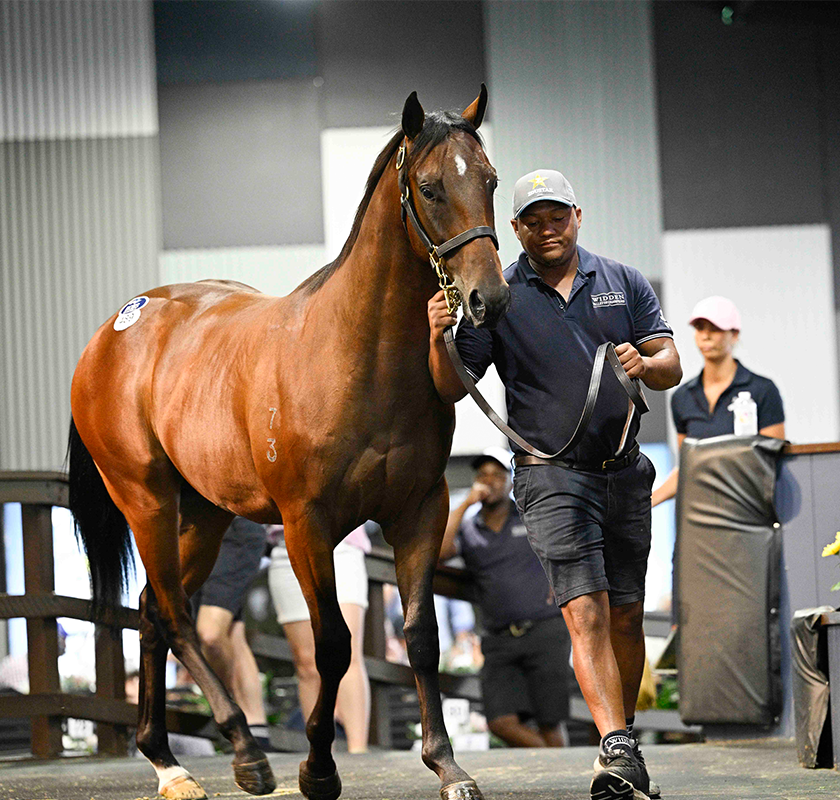Strong and Tenacious from the Start
Australian-bred and Australian Grown. Our horses’ diets are meticulously managed through our hardy grasses and pastures, ensuring they have the best opportunity to develop into world class athletes.
With rolling hills and vast acreage, stud farms in Australia have access to prime land that raises excellent stock. From rich alluvial soils to stud management techniques that have been perfected for over two centuries, it is no surprise so many champions are raised Down Under.
Camilla Whishaw was brought up on a stud farm in Tasmania but now works across the globe advising farms on equine nutrition, having qualified in Health Science and Naturopathy.
When it comes to nutrition, she believes Australian breeders pay great attention to ensuring their horses receive a well-balanced diet – arguably better than anywhere else in the world. This starts at the beginning, with Whishaw stating breeders are “probably better at getting preconception nutrition right” when compared to other jurisdictions.
A major difference between Australia and other breeding nations is the hardier, more tenacious grass. This grass tends to be richer in dry matter fibre, which “is absolutely essential for gut health, immune function and healthy gut microflora”.
In addition to this, Australian grasses are lower in sugars, which generally have a gentler response on a horse’s blood insulin levels. Higher sugar grasses, often found in dairy farming but also in some thoroughbred breeding regions, can often be disadvantageous to horses.
“Those lusher, higher sugar grasses, they can contribute to excess weight gain in young stock, and we know that excess weight gain can drive insulin- like growth factor levels higher, which can have an association with developmental orthopaedic diseases. Sometimes our hardier climate and hardier conditions can actually be favourable in terms of musculoskeletal growth and development and immune function”.
Even when Australian paddocks have hock deep grass after seasonal rains, that grass typically contains less sugar than other variants.
Whishaw also says Australian breeders are open to new practices and are “more progressive in terms of being open to changes and adopting later scientific evidence” when it comes to nutrition and managing pasture. The result is that young horses here receive highly advanced diets.
Openness to new pasture management practices has also led to Australian breeders having less reliance on fertilizers.
“Our natural pastures allow for a natural plane of growth and development, rather than accelerating growth and development, which often ends up in skeletal developmental issues.”




